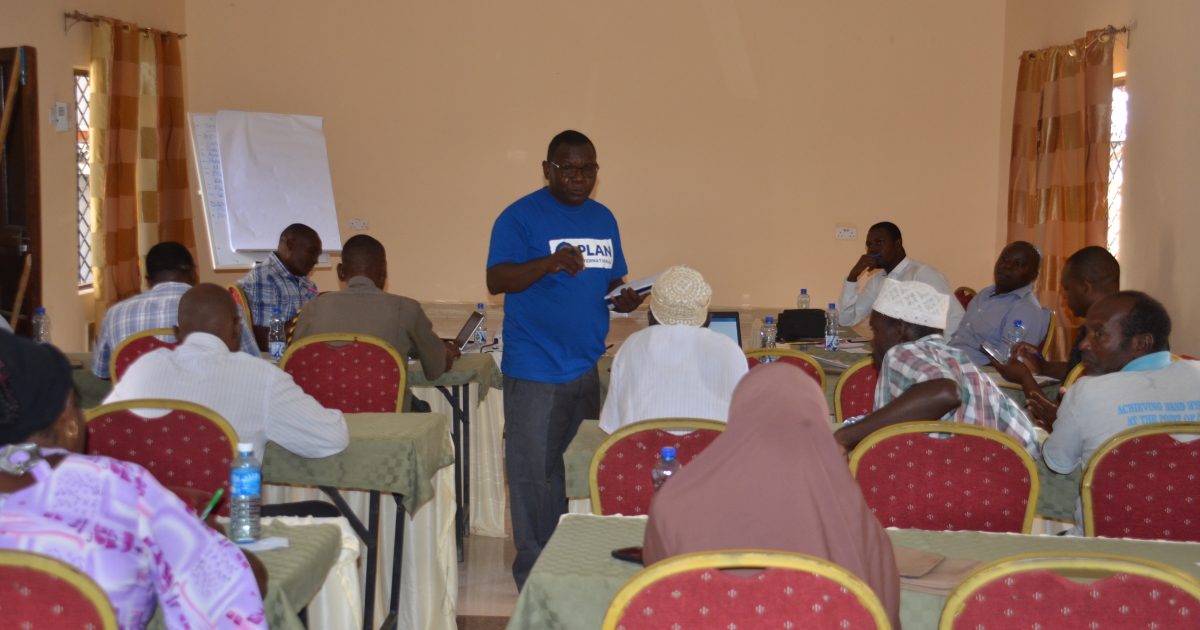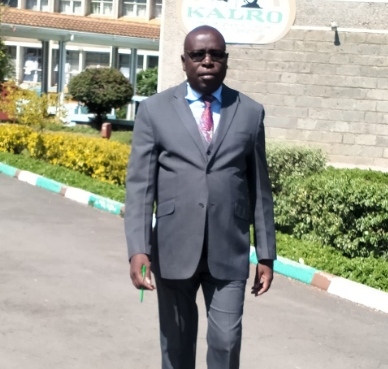Anti-Female Genital Mutilation (FGM) activists in Tana River county have appealed to President Dr. William Ruto’s administration not to relent in efforts to eradicate the vice as advocated by the former regime.
Retired President Uhuru Kenyatta had in 2019 committed to eradicate the retrogressive practice in Kenya by December 2022.
At the same time, Prohibition of FGM Act, 2011 established an-Anti FGM board tasked with designing, supervising, and coordinating public awareness programmes against the practice of FGM among other roles.
Speaking at a Hola hotel during the Tana River Sub-County Anti-FGM Committee meeting, the activists said the achievements made thus far in a bid to eradicate FGM cannot be gainsaid.
“Our concern is that we do not know whether the the Retired President commitment that FGM should end by 2022 was a Presidential decree or an Executive Order or it was domiciled in our laws,” said George Galugalu, Plan International Tana River Coordinator.
Galugalu added that they are not sure if Dr. Ruto will follow his predecessor’s position on ending FGM by this December.
The coordinator said, “If that position is relaxed, all that we have reaped can be rolled back. I would request the current President to hold on to Uhuru Kenyatta’s commitment. He should not change the intervention period so that FGM ends in our country.”
Nasteha Abubakar, an Anti-FGM activist said the approach to conducting FGM has significantly changed to avoid the hawk eyed activists. She revealed that nowadays girls undergo the cut under the cover of darkness in far-flung areas, where there is no mobile network.
“Girls are transported to the forest where there is no network, after schools are closed, it will be difficult to end the vice by 2022 but the practice will have decreased,” noted Abubakar.
On their part, Committees members lamented that cases of FGM were not being reported to the police for necessary action to be taken against the perpetrators.
However, Tana River Sub-County Police Commander Patrick Kafulo urged members of the community to continue furnishing the police with any vital information to enable them arrest perpetrators of FGM and eventually end the menace.
“As it is now, cases of FGM are rarely reported to the police. There are many records of defilements. But if we look at FGM, we don’t get regular reports from the society and stakeholders. We will have to go to the community to find alternative ways to get these reports,” said Kafulo.
However, the County Gender Officer Aggrey Nyangweso said the region was vast and the vice usually takes place in interior parts, adding that the way of life of pastoralists further makes it difficult to track their movements as they always migrate in search of water and pasture.
“All the same we have reduced the cases of FGM in the past, they used to be more than 95 percent, but currently they have decreased to around 60 percent,” he said.
By Sadik Hassan





